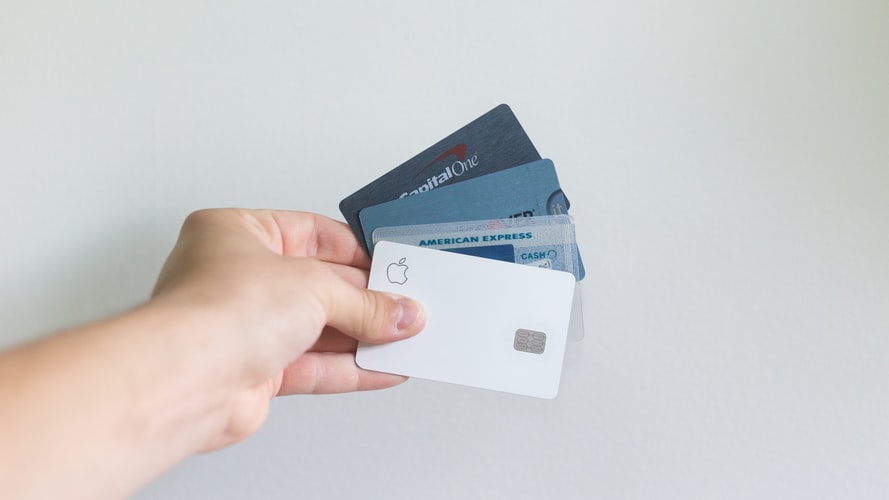The debt you have impacts your spending ability, how much you can borrow, and your chances of being approved for a new line of credit like a credit card or loan. Your debt has a direct and significant impact on your credit score and, in fact, accounts for 30% of your credit score. If you don’t manage your debt well, your credit score gets impacted negatively and this can have some undesirable effects on your financial life. Here are all the ways the amount of debt you have can affect your credit score:
- Increases your credit utilization ratio: Having a large amount of debt increases your credit utilization ratio. For your debt to have a positive impact on your credit score, you should aim to keep your credit utilization under 30%. However, large credit card balances and outstanding loan amounts can increase your credit utilization ratio, which, in turn, will affect your credit score. Remember having a low debt-to-income ratio makes no difference to your credit score if your credit utilization is high, given that your income is not even reported to credit bureaus.
- Opting for debt settlement can hurt your credit score: Opting for measures like debt settlement or filing for bankruptcy can severely damage your credit score, which can then take years to recover. Debt consolidation, on the other hand, does not directly impact your credit score, but opening a new line of credit can cause your credit score to drop. That said, debt solutions like debt consolidation are better for your long-term financial health.
- Carrying a credit card balance lowers your credit score: Certain people mistakenly assume that having a pending balance on their credit card can improve their credit score. This is far from the truth. In fact, carrying debt on your credit card from month to month can hurt your credit score. So, make sure to pay off your credit card balances every month within the due date specified by the credit card provider.
Having a good credit mix, i.e., loans, mortgages, credit cards, etc., is actually good for your credit score since it indicates that you have experience with various types of credit instruments and are able to handle them well. That said, make sure to never sign up for a new credit card or loan solely to improve your credit score since this can backfire.



























